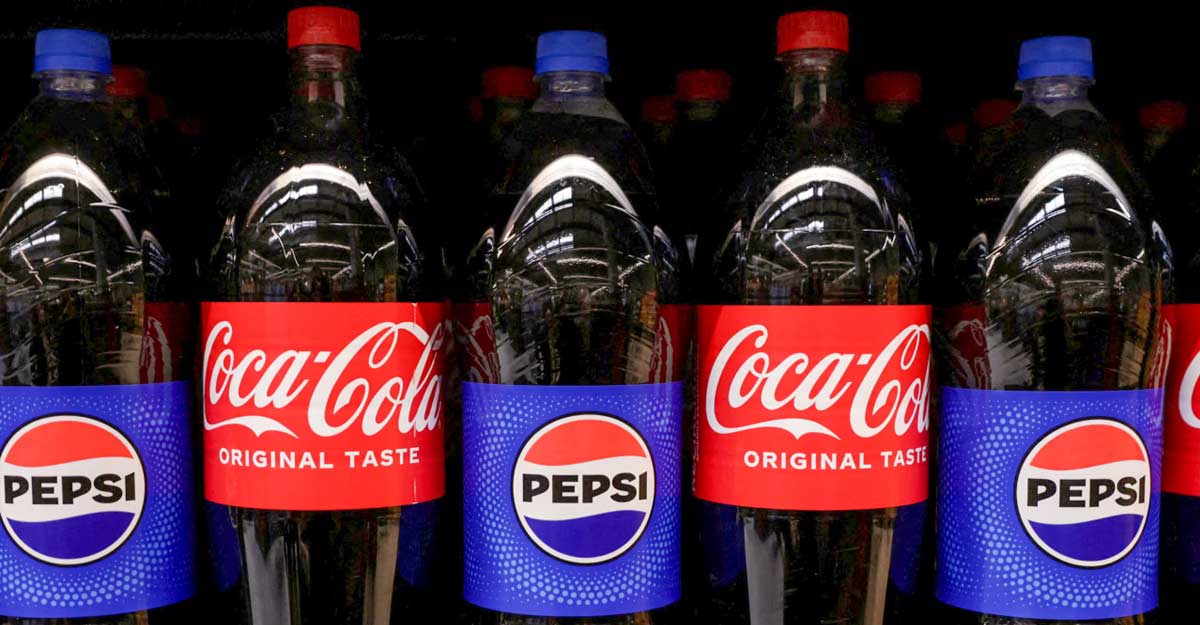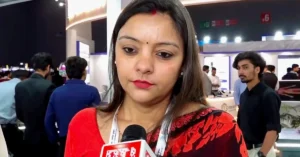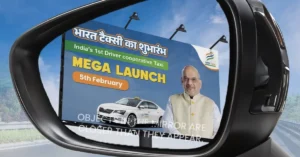India’s Ministry of Environment, Forest and Climate Change has introduced a new regulation effective April 1, 2025, requiring beverage companies like Coca-Cola and PepsiCo to use at least 30% recycled plastic in their PET bottles. This percentage is set to increase annually, aiming to promote sustainability and reduce plastic pollution. However, industry executives argue that the deadline is impractical due to challenges such as recycling infrastructure, material shortages, and cost concerns. The companies are now scrambling to meet the new requirements.
To tackle the growing plastic waste problem, India’s government is implementing a new rule aimed at promoting sustainability. By requiring beverage companies to use recycled plastic, the initiative seeks to create a circular economy where plastic bottles are reused and recycled, reducing the amount of waste that ends up in landfills and oceans.
Beverage companies in India will need to ensure their PET bottles contain at least 30% recycled plastic, with this figure increasing by 10% each year. By the end of the decade, the goal is for beverage packaging to be made of 60% recycled plastic, marking a significant step towards more sustainable production practices.
The Indian government’s new policy aims to tackle the country’s persistent plastic pollution problem, which has affected both urban and rural areas. By promoting the use of recycled plastic and encouraging sustainable practices, the policy seeks to reduce waste and minimize the environmental impact of the beverage industry.
In the short term, the transition may lead to increased production costs for manufacturers, which could be passed on to consumers. However, the long-term goal is to drive the industry towards greener alternatives, such as biodegradable or plant-based packaging materials, ultimately benefiting the environment and public health.
Meeting the new recycling mandates poses a significant challenge in India. With only five authorized plants producing food-grade recycled PET, the country’s capacity falls short, meeting just 15% of the industry’s demand for recycled plastic. This shortage highlights the need for increased infrastructure to support the ambitious recycling targets.
Beverage companies are facing intense pressure to boost their recycling capabilities, but expanding production capacity will take years, posing a significant challenge given the tight deadlines. With limited infrastructure in place, tensions are rising among companies, with some expressing concerns that they won’t be able to meet the 30% recycled plastic requirement on time.
A top executive expressed concerns about meeting the deadline, stating, “We may have to take legal recourse and take anticipatory stay if the deadline is not extended.” The timing of the mandate is particularly challenging as it coincides with the peak summer season, when beverage demand surges, further complicating compliance efforts.
Beverage giants face a significant financial burden in complying with the new rule, as using recycled plastic is expected to increase production costs by around 30%. This added expense, coupled with existing global supply chain challenges, may lead to higher prices for consumers in the short term. The increased costs have raised concerns about the long-term viability of this major shift in manufacturing processes for some companies.
Currently, the challenge goes beyond economics to logistics, as companies struggle to secure sufficient recycled PET supplies to meet the government’s targets. With limited capacity to meet rising demand, firms are racing to secure enough materials. Some have warned that if deadlines aren’t extended, they may be forced to take legal action to delay compliance.
The policy is driving major beverage companies to reassess their environmental footprint, particularly regarding packaging and the use of recycled materials. This shift encourages firms to think more strategically about sustainability and explore ways to minimize their ecological impact.






